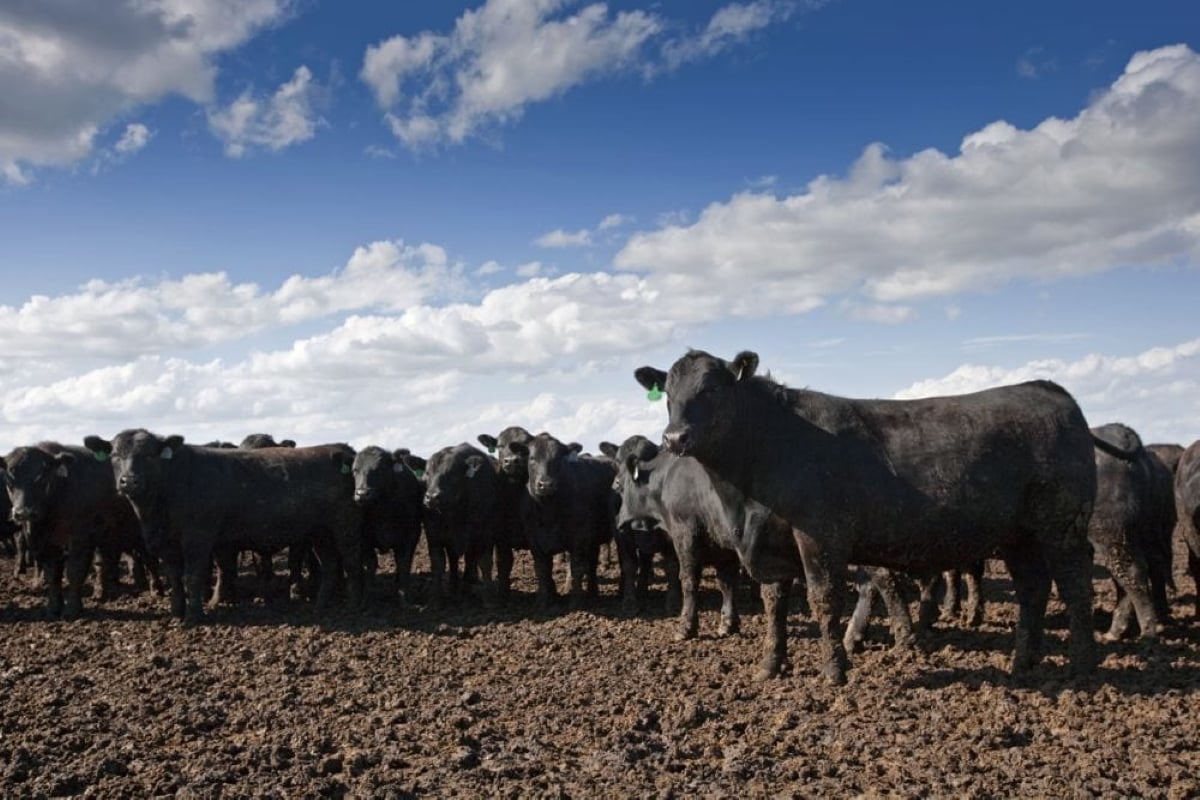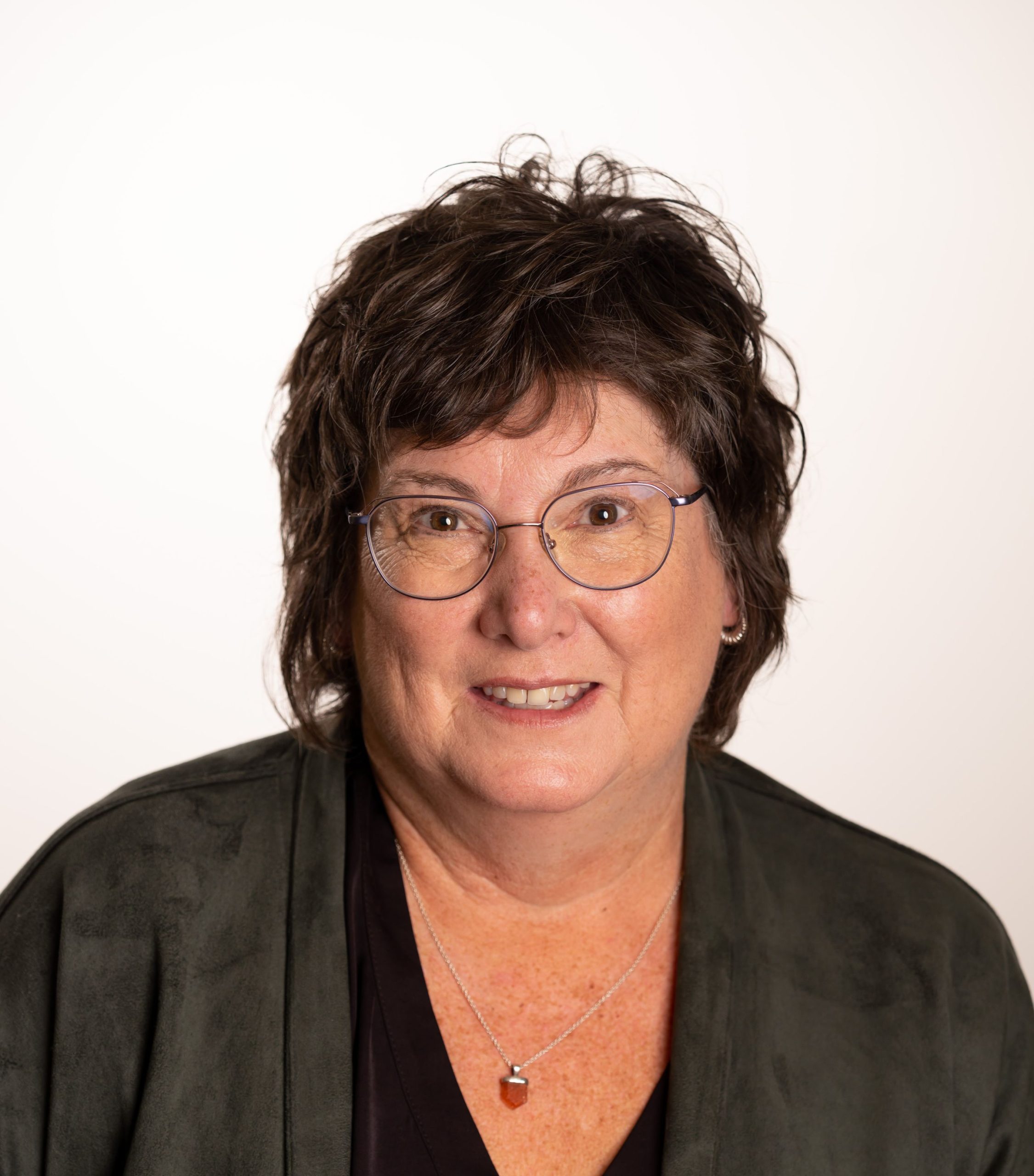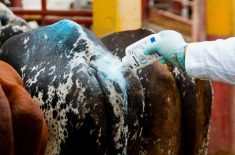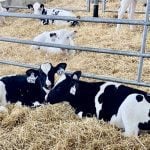It was a gift with strings attached, but that was just fine with Bekelech Basa.
The single mother of six children from this small community about five hours southwest of Addis Ababa was given a goat on the condition that she give up its first-born kid. It’s just one example of how aid is changing.
Basa was given the goat by the Ethiopian Kale-Heywet church, part of a revolving goat herd project operated by the church with assistance from Canadian-based Evangelical Missionary Church through the Canadian Foodgrains Bank. By taking the first-born goat, the church can build its herd and provide a similar start for other families.
Read Also

U.S. livestock: Cattle futures post limit-down losses
Cattle futures on the Chicago Mercantile Exchange were down by their daily limits on Wednesday, with speculative long liquidation a…
The foundation herd, which started at 30 in 2005, has since put 328 goats into the hands of subsistence farmers in the region.
"Access to survival"
It’s not exactly a rags-to-riches fairy tale, but over the past four years Basa’s goats, now numbering seven, have provided "access to my survival," she said, speaking through an interpreter.
She sold some goats to buy a heifer, which delivered a calf and dairy products, supplementing the family diet and providing another source of cash flow.
"For my family, the goats have become a savings account," she said. "If my family needs money, we sell a goat."
It has enabled her children to stay in school, a goal mentioned by every family we talked to on our short swing through Ethiopia’s impoverished rural communities. More than anything, it has given Basa the capacity to dream — of one day moving out of her grass and mud hut into a house with sheet metal roofing.
Clarifying charity
When people living in our part of the world think of food aid, we tend to consider it charity — helping those who can’t help themselves. That’s certainly part of the story, and an oft-repeated part.
For example, the Oromo people of Shashemene, normally a surplus producing crop district located 250 km south of Addis Ababa, have experienced successive droughts and varying degrees of crop failures since 2003.
Since September 2011, these communities have been receiving emergency food rations provided by local NGO Food for the Hungry with support from Christian Reformed World Relief through the Canadian Foodgrains Bank.
The program tries to ensure people receive enough calories to maintain their health and energy so adults can continue working and children stay in school. It also prevents people from selling assets so they can eat.
Can do
But the vast majority of people living in poverty here were born into it, a reality that creates its own culture of helplessness. In recent years, much of the work supported by Canadian Foodgrains Bank members, along with the 40 or so other non-governmental organizations (NGOs) working in Ethiopia, has become focused on helping people believe they can help themselves.
So you’ll hear a lot of talk about "capacity building" as you make the rounds through various projects.
One strategy is to organize communities, mainly the women, into "self-help" groups. Limited to 15 to 20 people, members contribute a small amount into a revolving fund when they attend their weekly meetings to discuss community affairs. The group considers requests from its members for small interest-bearing loans to assist them with starting a small enterprise or to cover unforeseen medical or burial costs.
For many, it is their first introduction to the concepts of savings and credit. Everyone takes a turn chairing the weekly meetings so women, who rarely get opportunities to lead, gain experience and become more confident with public speaking.
And it’s a well-known global phenomenon, when the women of a community start putting their heads together, some powerfully positive things start to happen.
Planting new knowledge
Another strategy is to plant new knowledge in a community and watch it blossom.
With all the poise of a model demonstrating the latest in kitchen technology on television, a woman introduced as Amarech proudly spoke of attending a training program that taught her about a much more practical, and pleasant, alternative to traditional cooking methods. The age-old method involved cooking on top of three stones in the centre of her mud hut floor, a practice that is not only hard on one’s back, but fills the home with a smokey haze.
Amarech learned how to build the equivalent of a two-burner stove on a clay pallet that vents outside. It requires less fuel and leaves her without the aching back and stinging eyes, she said through an interpreter.
"I’ve built this same stove for four other families. If you’d like to learn, I’d be happy to show you."
Making it work
Sometimes building capacity requires bending well-established practices, such as providing long-term support for fear of creating dependency.
One family of five we met in Zeway was so clean you would swear you heard them squeak as they sat lined up on the edge of a bed in their home. Not an item was out of place and, despite the dirt floor, there was no dust to be found.
It’s not what you would expect from a bunch of children practically raising themselves.
Tihun Haji, now 16, was orphaned when she was about 10 when her parents died, a tragedy followed soon afterwards by the death of her older sister — who left behind an HIV-positive baby girl.
There were no relatives to take them in and at the time, there was no social safety net to fill the gap. So Tihun, now the head of the household, rented out the family home and moved her sisters, now aged 15 and eight, her brother, aged 13, and her niece, now four, into a smaller, cheaper home. She dropped out of school and was washing clothes for people to try to keep food on the table.
It wasn’t going well.
The family was included in an innovative program operated by Food for the Hungry Ethiopia with support from Canadian Foodgrains Bank and other NGOs. Families headed by orphans, as well as families in which children are vulnerable to hunger, receive food assistance and also social services, regular visits by professional social workers and community volunteers.
Tihun is now attending school regularly. She and her sister have received technical training in hairdressing and the family attends weekly gatherings where they learn life skills such as cooking. Or they simply have the opportunity to socialize with other kids their age.
Speaking through an interpreter, Tihun displayed the intensity of a person who was robbed of her childhood, but she looked directly into the eyes of her visitors and said confidently that her first goal in life is to "serve God" and her second goal — once her siblings are self-sufficient — is to support other families headed by orphans.
"Two years ago, when I met them, there was no eye contact," their social worker, Hana Kumilachew, told us. "They were crying. Now, they are not crying, and they have hope."
— Laura Rance, editor of the Manitoba Co-operator at Carman, Man., recently returned from a media food study tour in Ethiopia with the Canadian Foodgrains Bank.
















